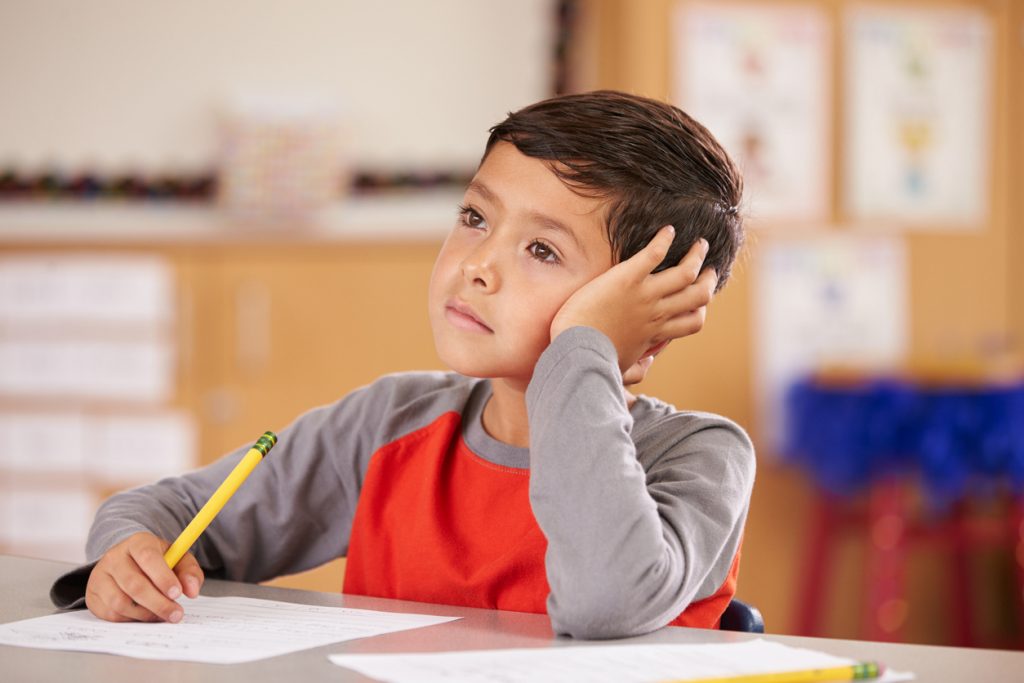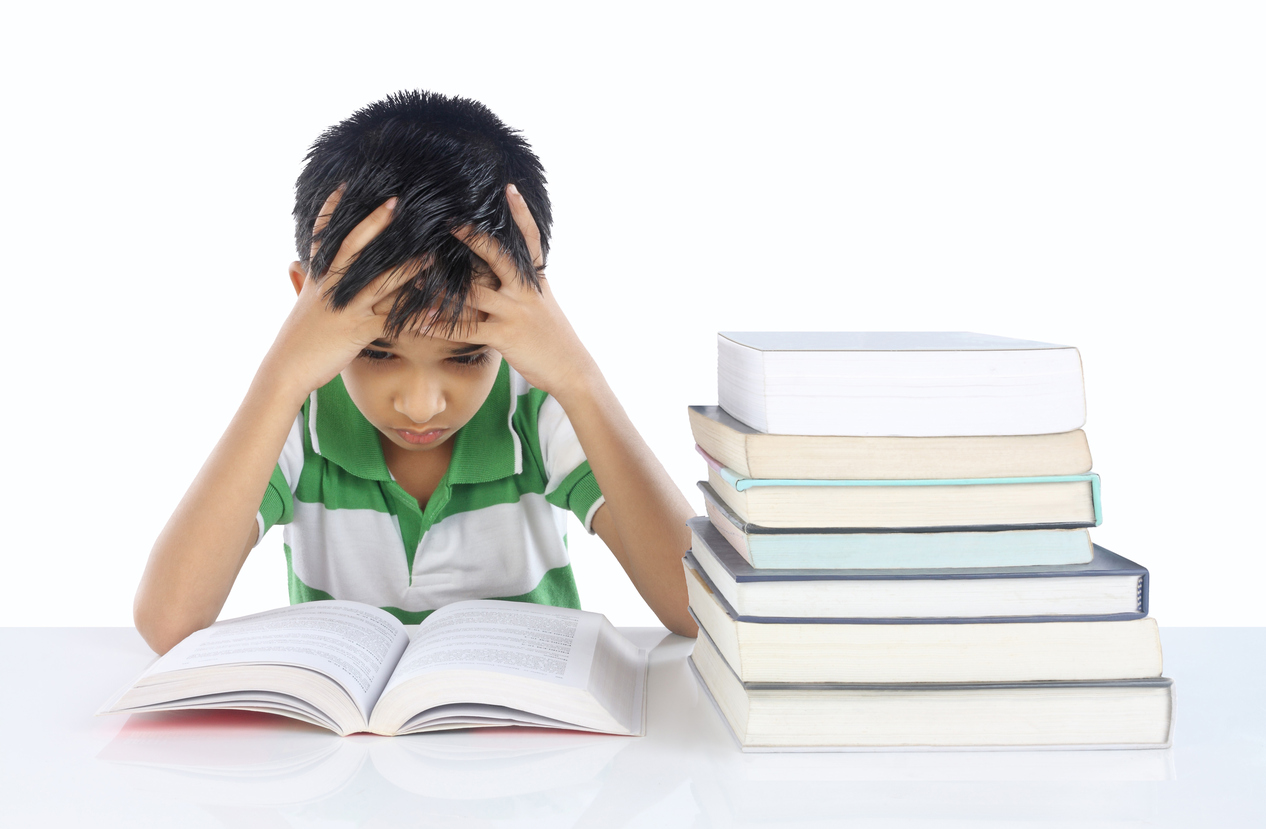Does your child struggle with reading? Maybe they say they “hate to read”, or they try to avoid reading whenever they can.
Does your child have difficulty with spelling and/or writing? Is it hard for them to follow a story or share the details of what they just read?
The above are just a few of the signs of dyslexia in children. If any of this rings true for you, you’re going to want to read on to learn more.
Dyslexia Does Not Impact Intelligence
Kids learn at different speeds, but if your child seems to be struggling with reading, spelling, and/or writing more than his or her classmates, dyslexia may be the culprit. Before we get into what dyslexia is, let’s talk about what it isn’t.
Dyslexia in children is not a function of IQ. It has no bearing on intelligence, which is why parents of kids with dyslexia are often confused when their child performs really well in some areas, but struggles in others.
Dyslexia is a type of learning disability. Children with dyslexia have difficulty processing the information they see when they read.
No one really knows what causes dyslexia, but genetics do play a part. So if you or your partner are dyslexic, chances are higher that your child may be too.
Even though a dyslexic brain works a little differently, it is still normal. We want to emphasize this because kids with dyslexia may worry there is something “wrong” with them. It’s important to assure them there’s not.
A dyslexic brain just takes longer to make certain connections and it does it in more steps. Dyslexic individuals have an especially hard time matching the letters they see with the sounds those letters make alone and in combination, which is what make reading so difficult for them.
The good news, once dyslexia is identified you can partner with your child’s teacher and/or a learning specialist to get them the extra help they need to bring their reading and writing up to grade level.
While there is no cure for dyslexia in children, early intervention can provide your child with tools to manage and compensate for their disability. Watch out for the following signs of dyslexia in children:
Signs Of Dyslexia In Young Children:
- Starts talking late
- Speaks like a younger child, may mispronounce words by mixing sounds
- Has trouble calling things by the right name (you ask for a knife, they hand you a spoon)
- Difficulty in rhyming words
- Has trouble with handwriting and other fine motor skills
- Confuses letters such as “b” and “d”, or gets the order of letters in a word wrong
- Trouble following directions or routines (you ask them to grab their coat, lunch and shoes…they come back with just their shoes. Dyslexics often can’t grasp details in lengthy commands)
- Trouble learning the connection between letters and their sounds, bad at alphabet games and apps
Signs of Dyslexia In Children Grade-School Age:
- Trouble sounding out new words
- Difficulty and frustration with reading, writing, and spelling
- Seems bored or confused by books (dyslexics have trouble understanding the meaning of sentences and following a story)
- Poor handwriting
- Can’t remember the details of what he/she read
- Difficulty remembering numbers, particularly chains of numbers
- Mixes up the orders of letters (dinosaur becomes disonaur)
- Trouble telling left from right

If you see some or all of these symptoms in your child, it is within your rights as a parent to request a free educational evaluation through your public school.
Dyslexia can be extremely frustrating for kids, causing them to struggle with school work, doubt their abilities, and potentially suffer emotional problems as a result.
The earlier you can identify dyslexia, the sooner you can intervene and get your little learner the additional encouragement and tools they need to succeed.
Free Online Dyslexia Tests For Children:
Information For Kids Diagnosed With Dyslexia:
If you recognize some of the signs of dyslexia in children, have your child tested sooner rather than later. An early diagnosis can get them the extra help they need to make reading less frustrating. Their learning outcomes will improve as a result.
Also In Beenke: My Child Was Diagnosed With Dyslexia – Now What?












